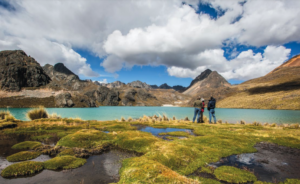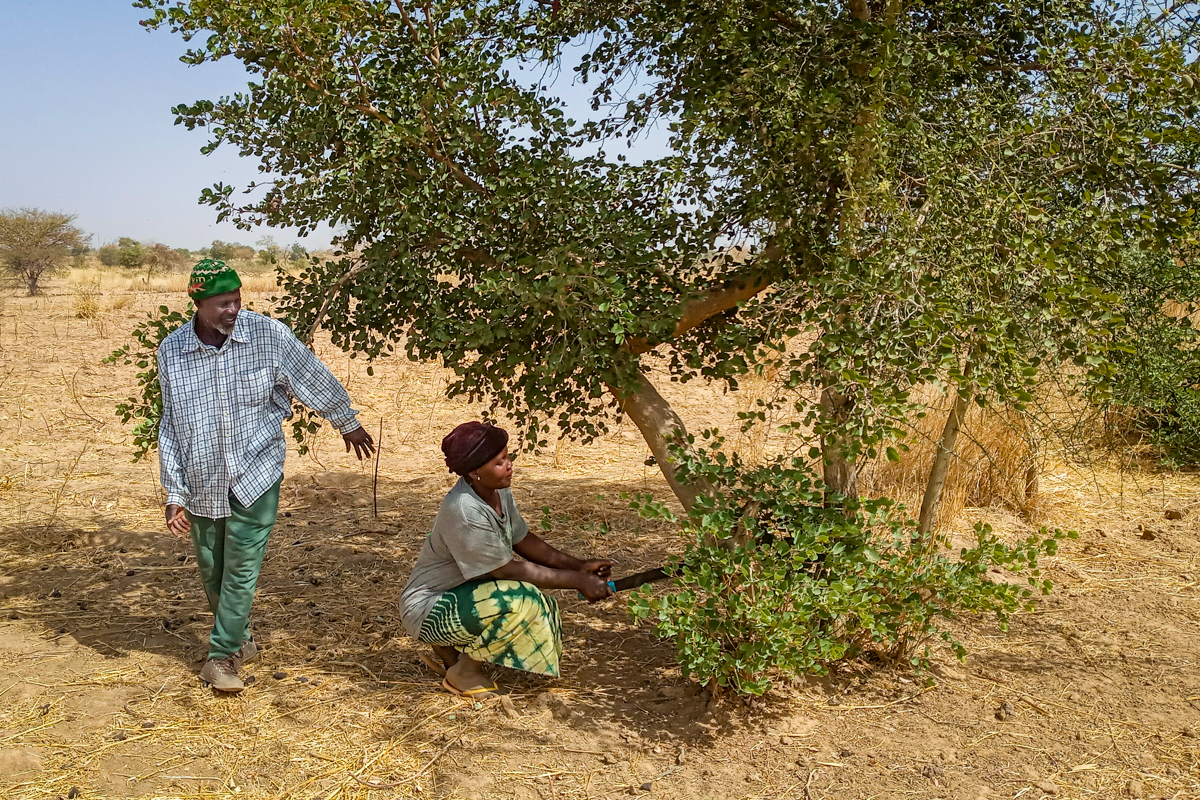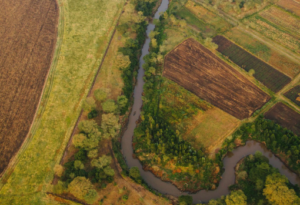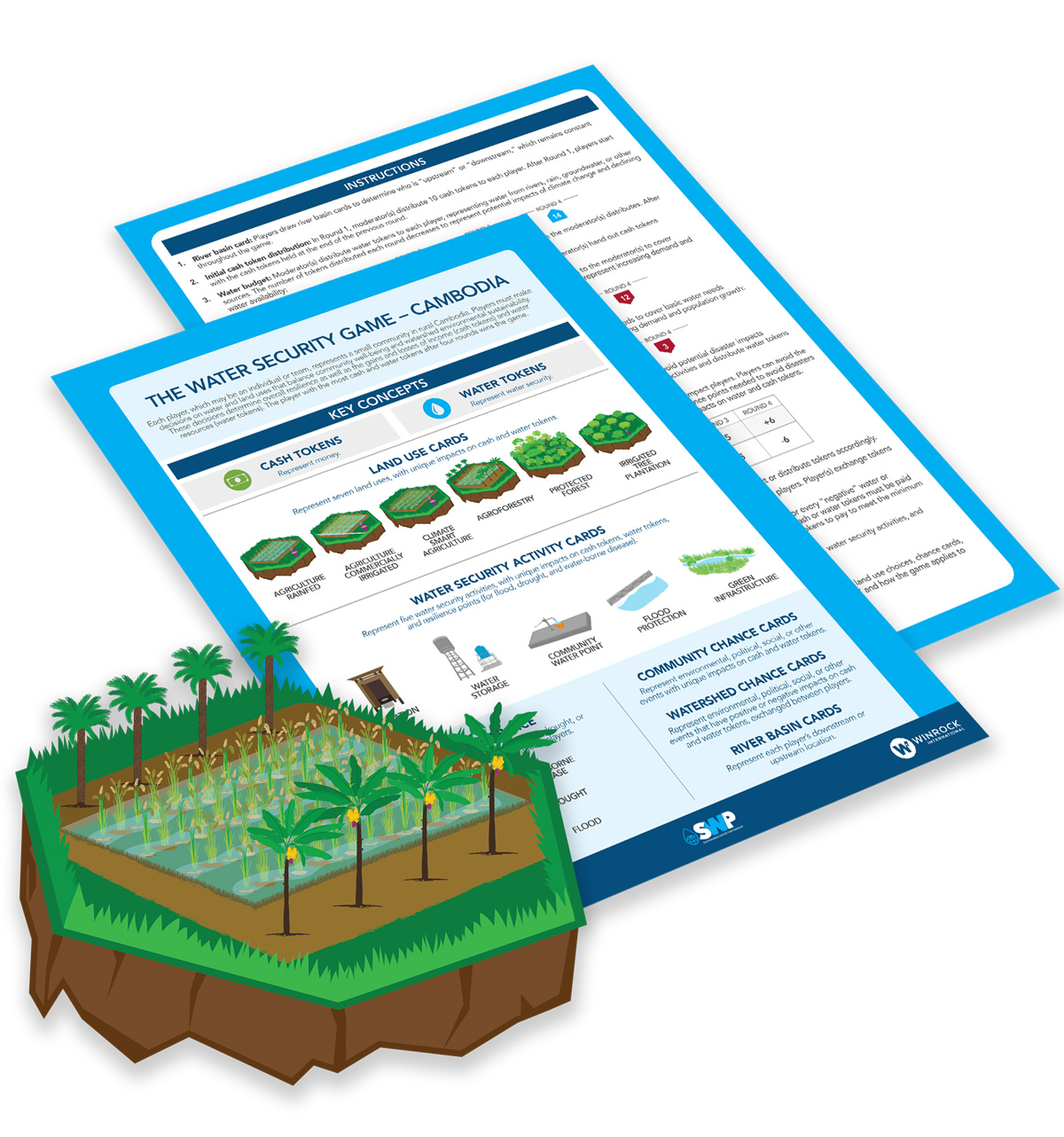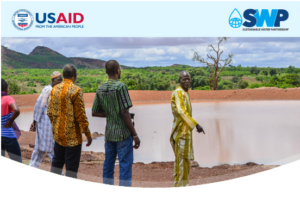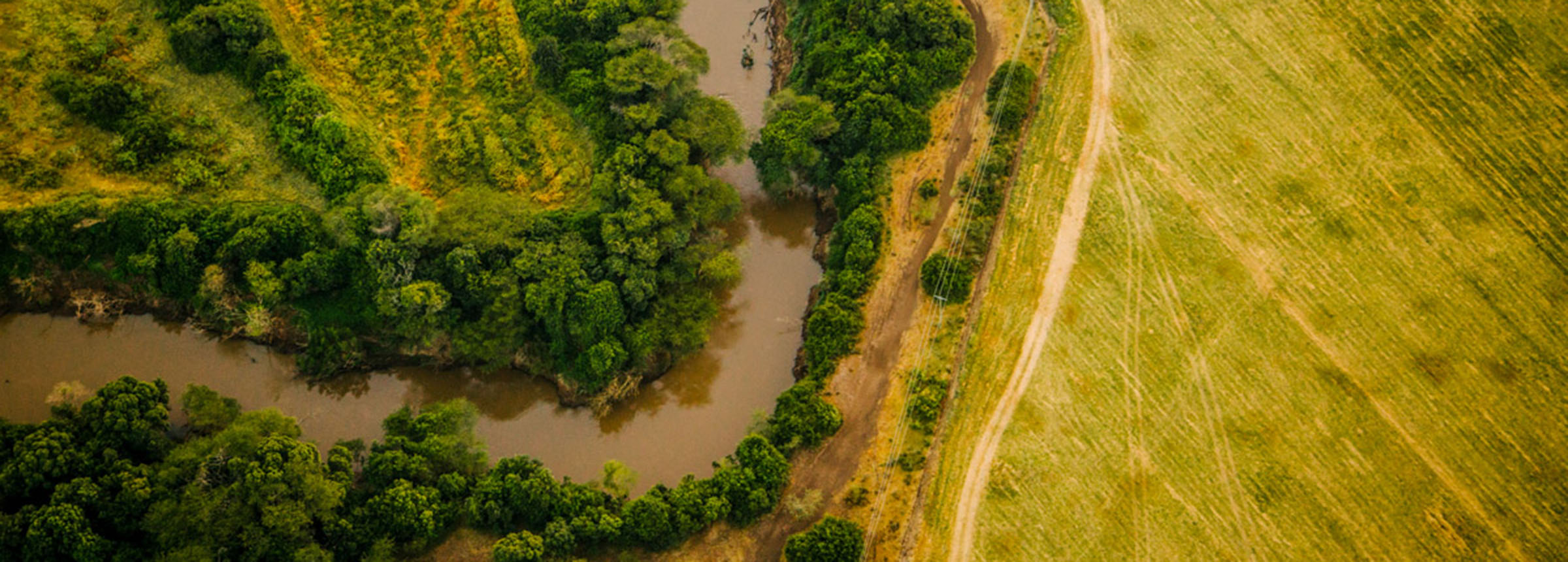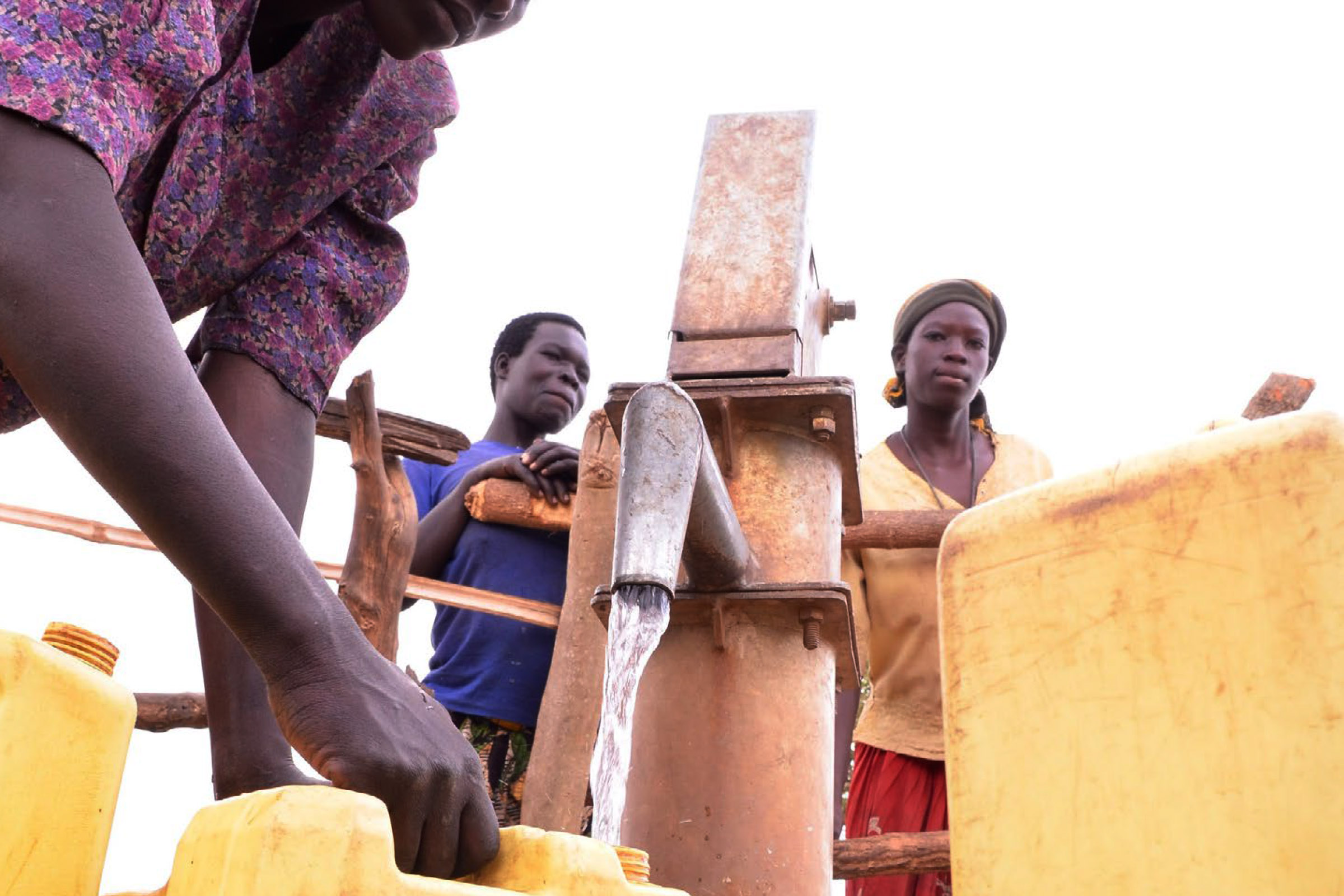
Legacy Project
Sustainable Water Partnership (SWP)
Funder: USAID
Project Timeline: This project was completed in September 2021.
Countries: Tanzania, Nepal, Kenya, Cambodia, Pakistan, Niger and Burkina Faso
Program Area: Water
Contact: Sustainable Water Partnership group, SWPWater@winrock.org
The Sustainable Water Partnership (SWP) is a five-year, Leader with Associates cooperative agreement that supported U.S. Agency for International Development’s (USAID) thought leadership, innovation and action in global water security.
SWP was implemented by Winrock International and its partners Tetra Tech, Stockholm Environment Institute (SEI), the International Union for Conservation of Nature (IUCN), World Resources Institute (WRI), the CEO Water Mandate and mWater.
The project developed the Water Security Improvement Process, and used it to work with local stakeholders, partners, and USAID Missions to assess water risks and implement targeted activities to improve water security and increase resilience to water risks. SWP’s activities were implemented in Nepal, Southern Africa, Kenya, Tanzania, Cambodia, Pakistan, Niger and Burkina Faso, testing and piloting various tools in efforts to enhance regional water security, engage marginalized stakeholders, strengthen local water resources management, improve public health and livelihoods, alleviate poverty, and encourage economic growth.
To increase resilience to water risks, SWP worked on:
• Improving stakeholder awareness and participation in water security.
• Improving stakeholder capacity and tools to assess water security risks.
• Improving planning and water governance capacity.
• Improving capacity and behaviors to implement water resource management measures.
• Ensuring increased collaboration, learning and adaptive response to water risks.
Many tools, lessons and case studies were created during the course of the project, available in the publications below: technical assessments calculating water availability and withdrawals, models and scenario planning, strategies to engage stakeholders, and developing at-scale strategic action plans owned by local decision-makers and communities are highlighted in these documents through examples on river basin, sub-catchment areas, or transboundary aquifers.
Essential SWP resources:
• Water Security Improvement (WSI) Toolkit
• Water Resources Country Profiles
• Water Security Game
• Institutional Capacity Assessment Process for Water Security, and template
• Analytical Tools to Support Water Security Decision Making
• Environmental Flows Technical Guidance
Examples of how these tools were used and adapted to various contexts, leading for example to a Water Allocation Plan in Tanzania and to the Strategic Action Plan for a river basin in Cambodia, are found in additional case studies below.

